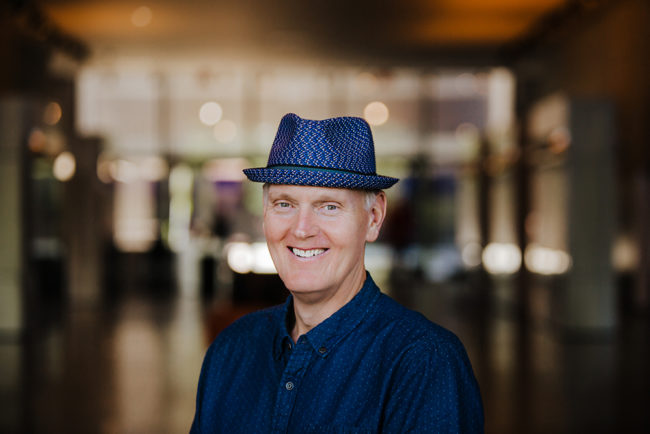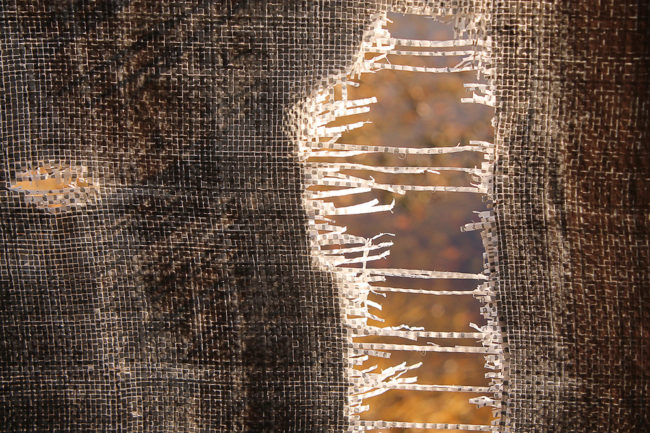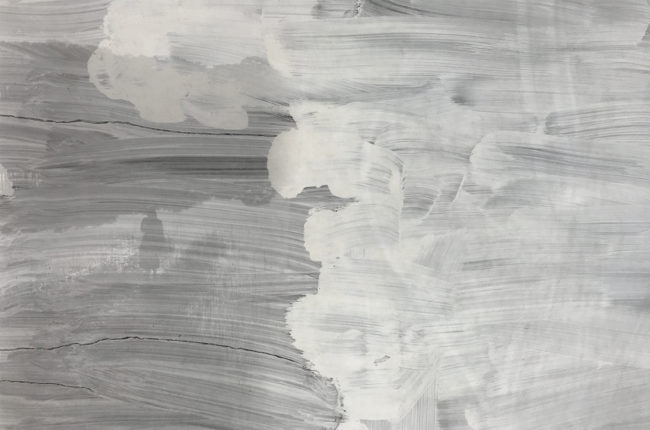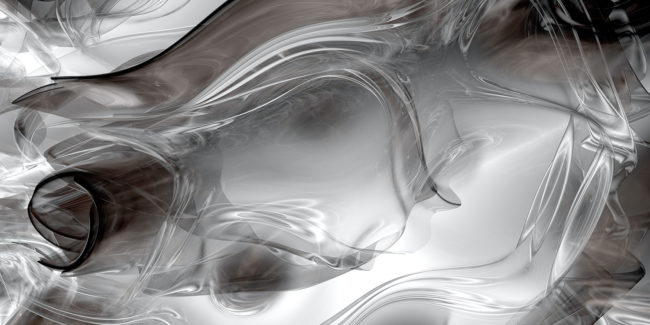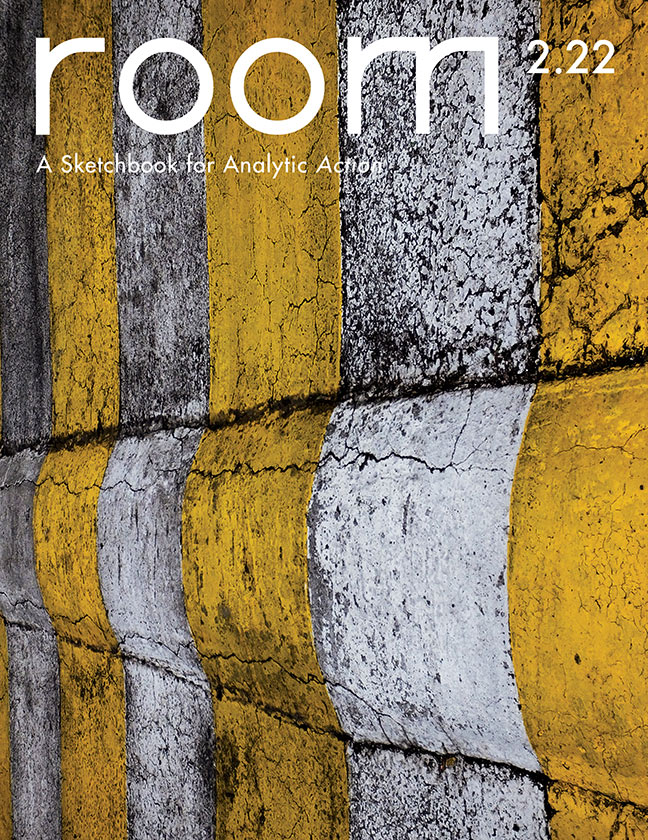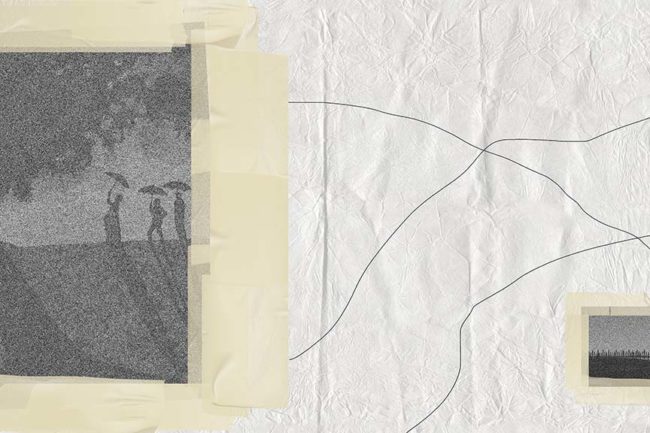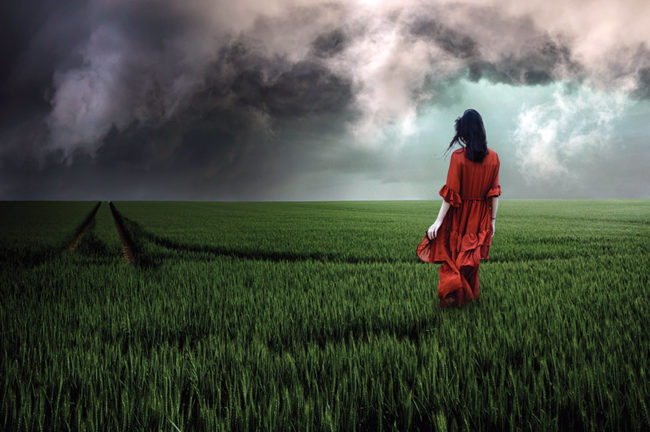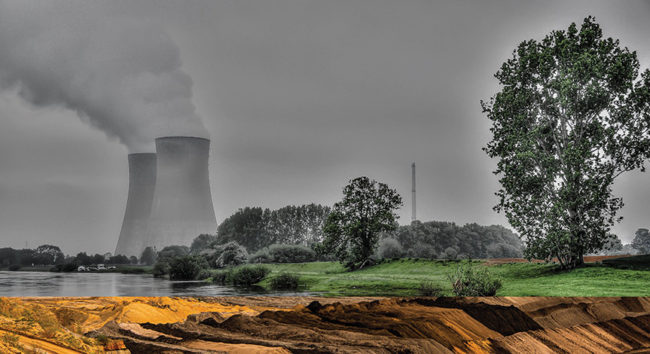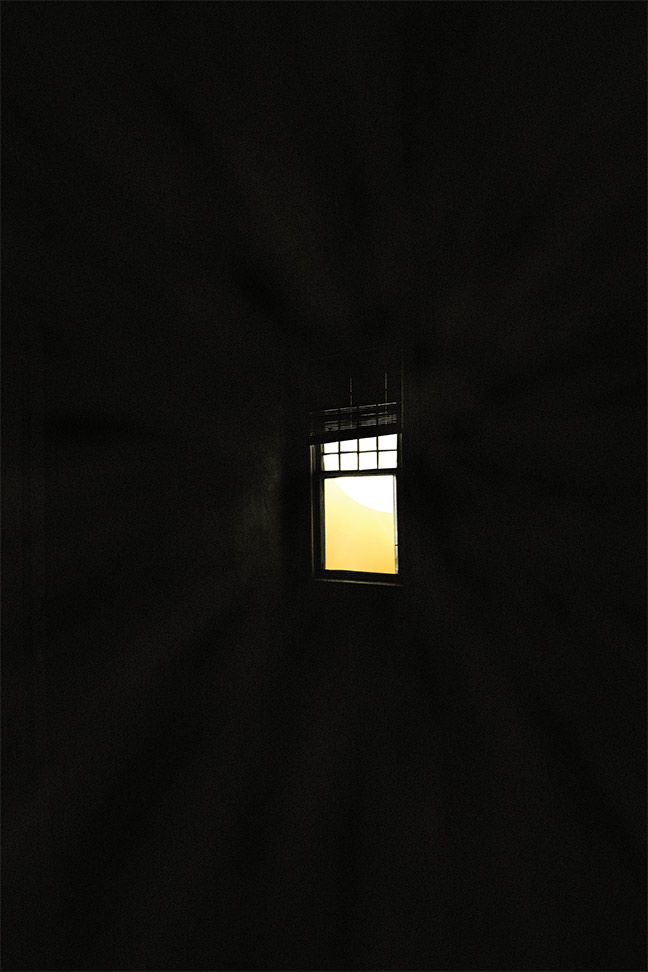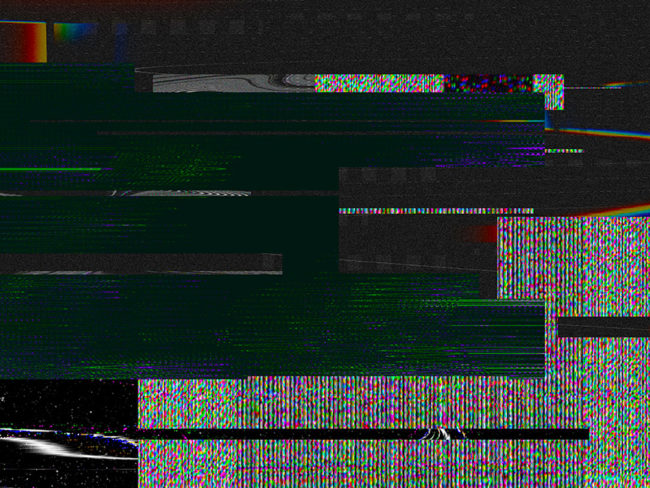Reaching Evangelicals and Catholics: An Interview with Doug Pagitt of Vote Common Good by Elizabeth Cutter Evert
Doug Pagitt, a Midwestern Evangelical Pastor and founder of Vote Common Good, describes that in the 2020 election, there was a 5 to 10 percent shift in Evangelical voters away from Republicans. He is confident that an additional 5 to 10 percent are looking for an “exit ramp” from supporting Republicans involved with “policies of division, racism, selfishness, cruelty, and exclusion. As part of a series of articles for ROOM about bridging divides in the United States, I interviewed him about his work with politicians, as well as Evangelical and Catholic voters, and asked for advice for people on the left who are interested in building inclusive coalitions.

